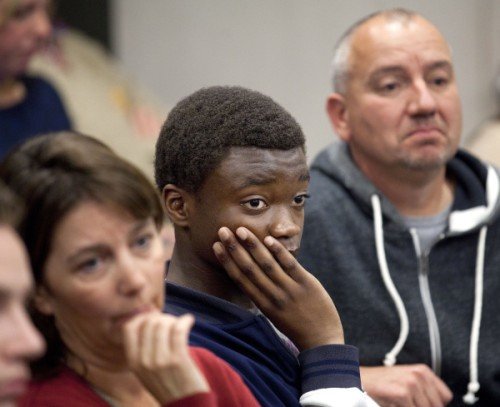Notes on Holland: The Mauro Case
Holland has seen a slow but steady restriction on immigration since the so-called Fortuyn-revolt of 2002, but the Left is constantly fighting back by bringing up cases of individual ‘asylum seekers’ to gain sympathy from the public. The latest case is that one of the Angolan boy Mauro Manuel.
Manuel Mauro was born on November 18 1992 in Angola and as a 9-year old boy he was put on a plane to Europe by his mother. In the beginning he was fostered by his half-sister but after several months he was dropped at a police station where he was registered as an “unaccompanied minor asylum seeker.” In this short description of his life so far we can see all the failings which characterize Black societies: fatherless families, mothers abandoning superfluous children for a new partner and eventually a call upon White institutions to prop the whole thing up. (See also Joe Webb’s current TOO article “Addicted to helping non-Whites“.) Mauro was placed in a White foster family which has raised him as their own.
In many aspects Mauro’s youth mirrors that of Barack Obama. Barack’s father left his mother when he was two, Barack’s leftist mother dumped him at the age of ten in favor of a new partner and he was eventually fostered by his White grandparents.
Since his arrival in Holland Mauro has tried to be classified as an asylum seeker but eventually failed in 2007. Nevertheless he has not given up in the hope that the public will pity him so that the government feels forced to give him a residence permit. Read more







